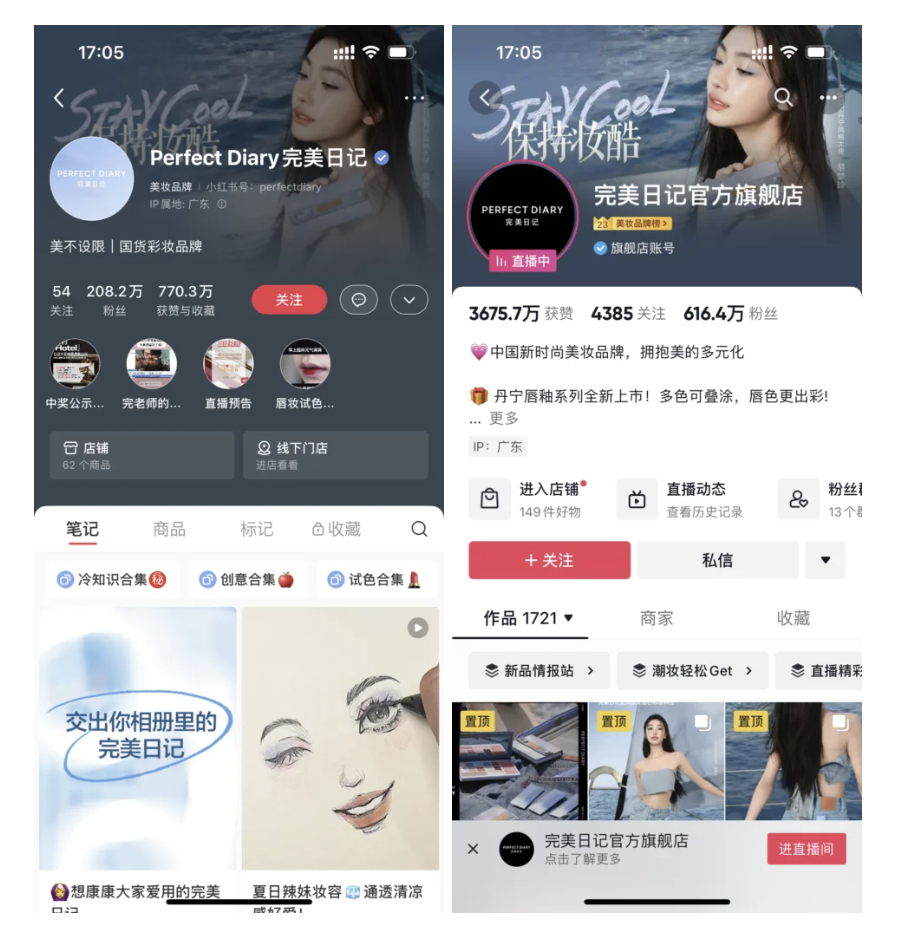What we all can learn from China marketers
This blog will deep dive on the importance of content, more than channels and advertising. In summary, for decades, Western multinational executives believed that while marketing content should be tailored to local markets, Western marketing principles were universal. They quickly exported media and ad strategies to developing markets. Conversely, Chinese marketers focus on a mobile-first approach, utilizing shareable content and dominant media giants. This method is often faster, cheaper, and more effective than Western strategies and embraces risk more. Companies looking to enter or expand in China must understand this marketing mindset for success. To name a few successful ones are KFC, Starbucks, Morgan Mckinley, Apple, KPMG, IKEA, Tesla to name a few.
According to The 50th China Statistical Report on Internet Development, as of June 2022, China had 1.051 billion internet users, with a penetration rate of 74%. Since 2013, China has been the world's largest online retail market. In 2022, online retail sales reached CNY 13.79 trillion (USD 2.00 trillion), a 4% rise from the prior year. Sales of online goods grew by 6.2% compared to 2021, making up 27.2% of total consumer goods retail sales in 2022.
As internet use and online shopping grow in China, digital marketing is now crucial for many businesses. Companies must consider the three major players in China's digital landscape: Baidu, Alibaba, and Tencent, commonly referred to as BAT, when creating their digital strategies. Alibaba and Tencent offer vital ecosystems with popular apps and payment services, essential for companies as Chinese consumers prefer these methods. Baidu, with its unique ecosystem, leads in applying deep learning among the BAT giants.
Definition of digital marketing
Digital marketing is a focused way of promoting products or services using the Internet, online media, search engines, and mobile devices to connect with customers and meet different objectives.
Most commonly used digital marketing strategies in China
SEO reaches anyone from anywhere.
1. Search engine optimisation (SEO)
Search Engine Optimization (SEO) is the practice of enhancing web pages to attract search engines and improve their rankings. It involves factors like keyword relevance, content quality, user engagement, inbound links, and website structure. SEO specialists utilize these metrics to help businesses enhance their online presence. However, SEO's effectiveness is limited due to frequently changing algorithms, which require businesses to adapt continuously. Poor SEO practices can lead to penalties, affecting rankings. In China, SEO is focused on local search engines such as Baidu, requiring simplified Chinese content and compliance with laws and content restrictions. Hosting websites in China can improve loading times and accessibility.
Most commonly used search engines in China:
Baidu is the most popular search engine in China and is the preferred engine in the country. Baidu has around 75% of the market share in China, so it is crucial to focus on how to rank high on Baidu. When implementing an SEO strategy, creating fresh and new content is important if a company wants to devote itself to a high ranking on Baidu.
Sogou was established in 2004, and it is famous for its Sogou input keyboard for mobile devices and tablets. The market share of the Sogou search engine in China is nearly 15%. It is worth noting that in 2013 Tencent acquired the search engine; as a result, the Sogou search engine is built-in on the WeChat platform, which is a unique advantage compared to other search engines in China.
360 search claims to have unique ranking algorithms. Thus, companies need to implement different SEO strategies for it. The company also owns several internet properties, including the 360 directory and the 360 anti-virus program.
Although often made fun of in the West, in China, Bing is gradually improving and is recommended by many Chinese netizens as it has access to Western search results. Bing has two search bars, one is for domestic searching only, and the other one is for international results.
2. Content marketing
Content marketing aims to attract potential customers by providing useful information without direct advertising. A Pew Research Center survey shows that 81% of consumers rely on online research for their buying choices, highlighting the importance of content marketing in engaging customers. WeChat remains the top platform for influencing followers' brand decisions as majority of users are already using Wechat for their daily messaging and payments, while Xiaohongshu is growing as the second source for consumer insights on product usage and interesting venues to explore, followed by Douyin (China's TikTok). Each of these marketing platforms are suited for different types of market and audiences, the question is -what is your marketing goal?
In China, content marketing includes advertorials, press releases, podcasts, blogs, audio, video, white papers, and infographics shared on platforms like Weibo, WeChat, search engines, official websites, and apps. With millions of content pieces seen daily by Chinese internet users, unique and appealing content that reflects a brand’s values is crucial for successful marketing campaigns.
3. New Media
The growth of new media has significantly transformed China’s consumer products sector in recent years. Young people are increasingly drawn to the vibrant world of social media, engaging short videos, livestreaming events, and discount group buying apps. In response, new consumer brands effectively utilize these innovative forms of media to connect and engage with their target audiences. They strategically leverage social media platforms, e-commerce websites, and various digital channels to reach consumers, foster interaction, and build strong brand awareness in an ever-evolving marketplace.
Images of Perfect Diary’s Red and Douyin homepages show online store entries and livestream access. They use Douyin for engaging content, Red and Weibo for audience reach, and Tmall and JD.com for direct sales.
We’re already competing with China.
There has been much discussion about Amazon entering South Africa, but the most downloaded app in 2024 is the Chinese shopping app TEMU. This shows that China is already challenging local retailers, regardless of their preparation.
Local retailers are exploring influencer commerce, with Woolworths and Mr Price leading in live-stream shopping and influencer partnerships. However, they need to enhance strategies to compete with China digitally. Brands should allocate more budget to digital over traditional media. Influencers are driven by profit-sharing, but many brands hesitate to offer them a share of sales. With consumers focused on digital devices, brands must overcome their reluctance to innovate. As TikTok becomes a primary medium and social platforms serve as search engines, it's crucial to leverage influencer marketing as a key sales channel.
Take influencers seriously.
In China, influencers are seen as leaders of public opinion, referred to as key opinion leaders (KOLs). This reflects a society where people and businesses are ranked by social credit scores. In the realm of social media, algorithms reward users with high followers and engagement, shaping perceptions of value. While brands traditionally hold influence, social media is increasingly dominated by influencers, as customers spend more time online searching and transacting. Selecting the right KOLs can help you reach more audiences.
Live-streaming commerce is powerful.
Until recently, influencer marketing often relied on phrases like “hit the link in bio” or “visit the website and use my discount code” to boost sales. While effective and measurable, this approach leaves the audience easily distracted. The internet is full of distractions. In China, live-streaming commerce addresses this by allowing audiences to shop in real time while engaging with the influencer offering limited sales deals. Viewers can ask questions about products, similar to how they would interact with a sales assistant in a physical store.
Do you need support in marketing in China? Bright Design Studio is a #11 times award winning Digital Brand Studio that can help you reach your desired markets and clients! Write to us for a free quote: hello123@brightdesignstudio.net
Resources:
https://chozan.co/blog/marketers-learn-from-chinas-consumer-brands-in-2023/
https://www.vml.com/insight/influencer-marketing-lessons-we-can-learn-from-china
https://www.vml.com/insight/influencer-marketing-lessons-we-can-learn-from-china



